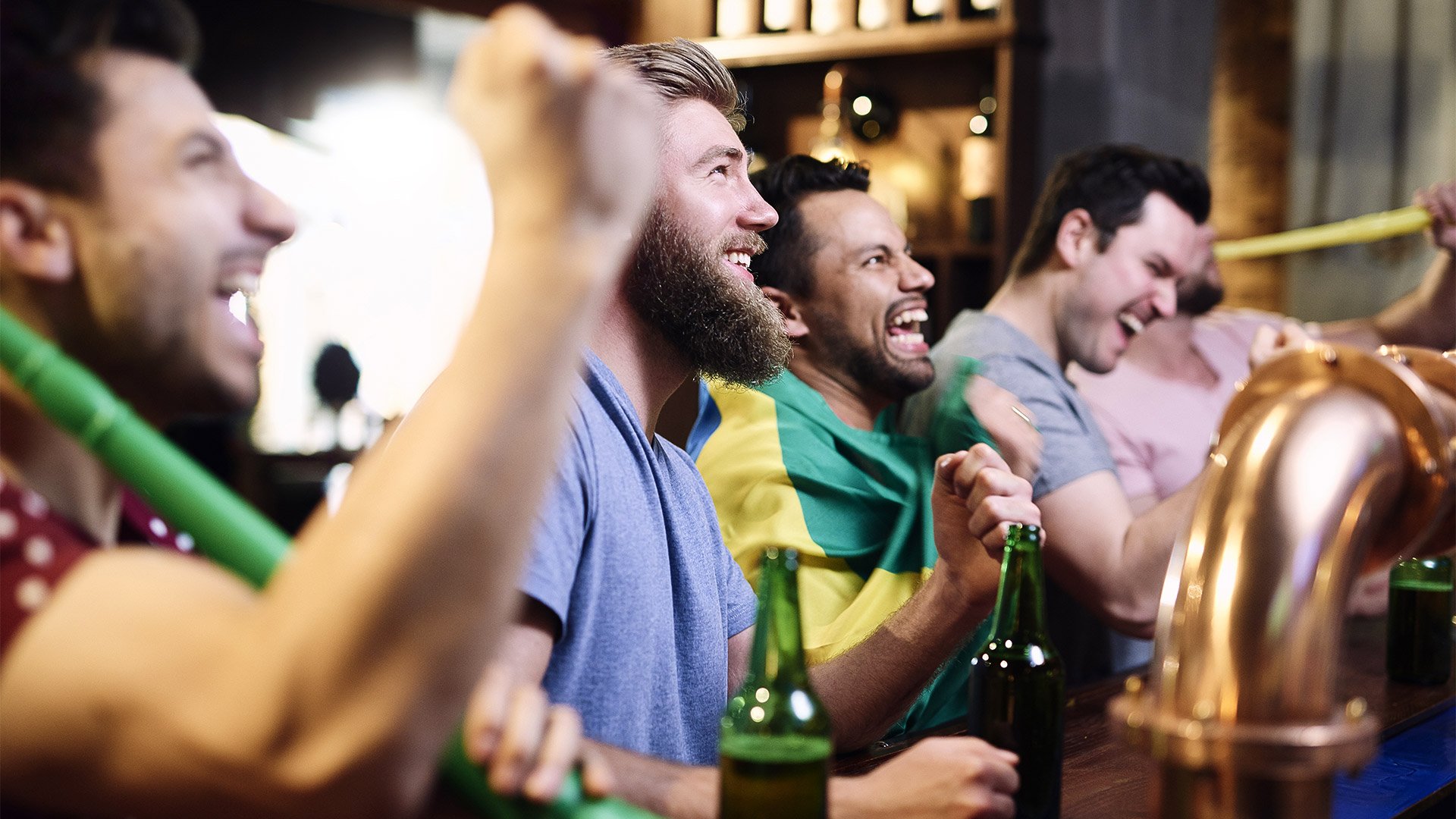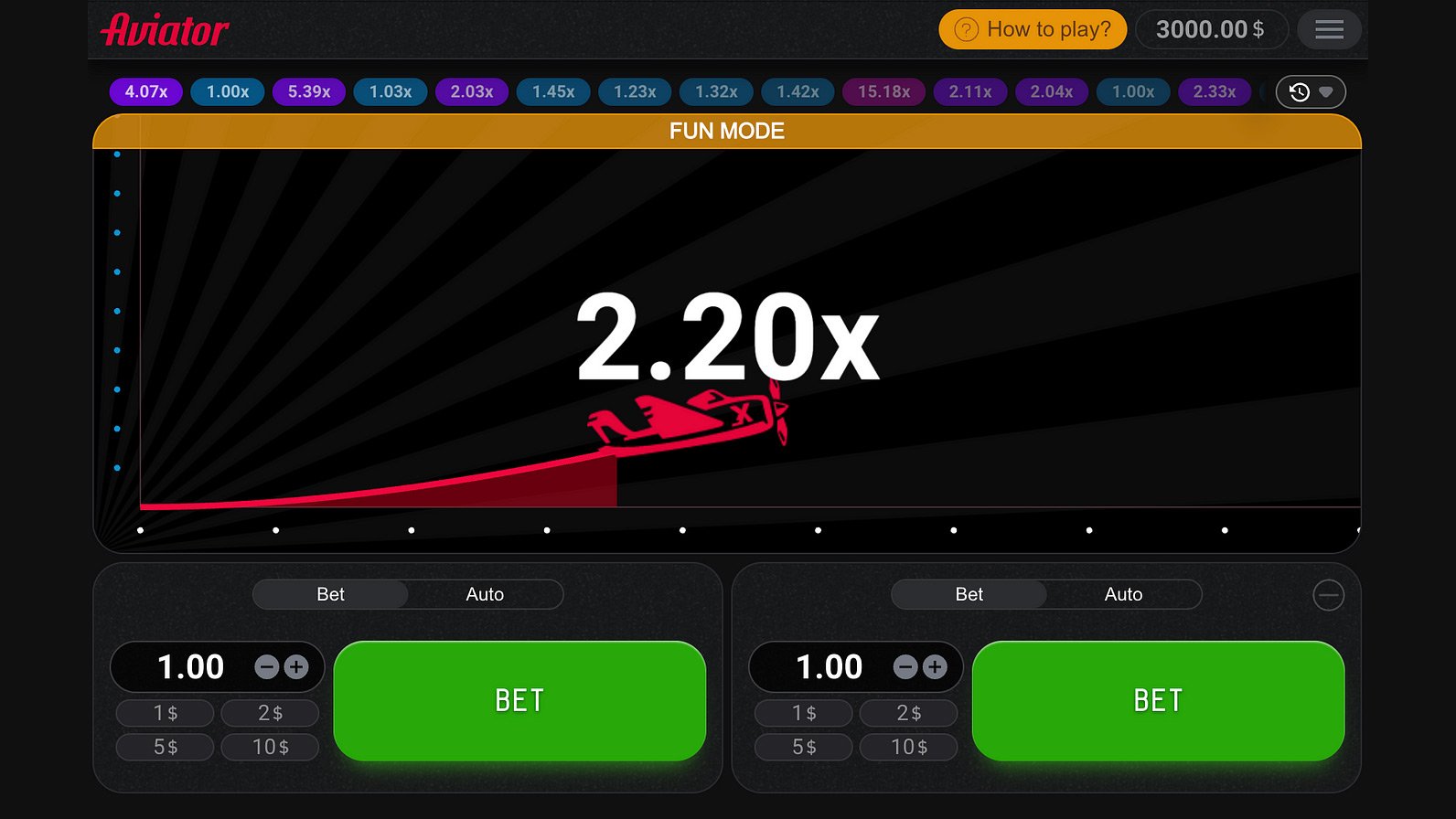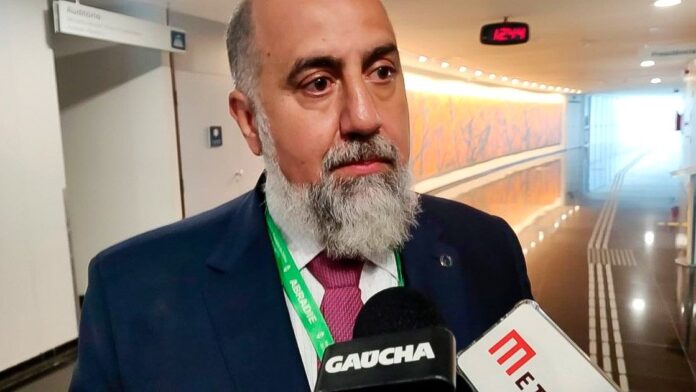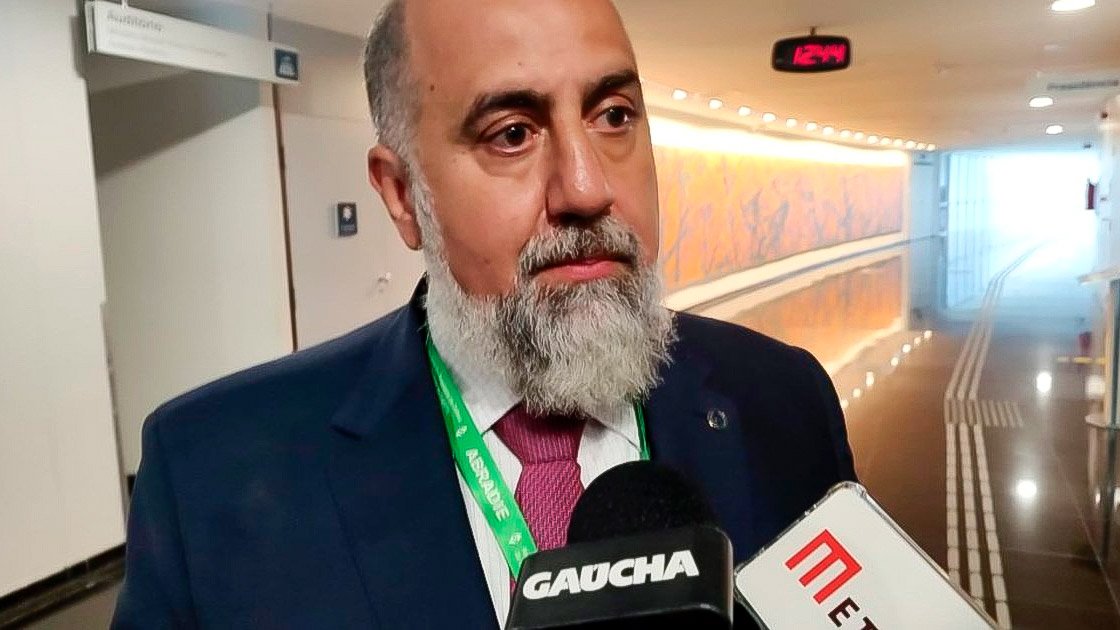The Brazilian government is preparing a system to monitor, in real-time, all online bets made by companies that register to operate in the country.
The Federal Data Processing Service will develop the program to identify tax fraud, monitor gamblers’ profiles, and alert them on possible addictions. Companies will be obliged by law to provide gamblers’ data.
The information was published on Friday 12 in the newspaper O Globo. The objectives are “to monitor tax collection, but also possible fraud, negative externalities or even manipulation of results”, José Manssur, special advisor to the Treasury, who is responsible for the matter in his department, told the Brazilian newspaper.
Treasury also wants to cross-reference data to determine how many hours players spend online. “We want to combine data from all companies, per user. If José da Silva, for example, spends more than 10 hours gambling, we can catch a case of possible pathology and indebtedness,” Manssur said.
José Manssur
Fraud alerts
The Ministry of Sports will also have access to the system to monitor atypical sports bets that may indicate manipulation of sporting results. A bet with a very high value on a corner kick by a small team, for example, will be alerted because it is an unusual bet.
The Government would then warn the sports team or entity responsible for analyzing the player’s behavior on the field. It will also be responsible for redistributing betting revenues among sports organizations.
There is great concern about fraud and illegalities linked to the industry. In September last year, the executive secretary of the Ministry of Sports, Juliana Agatte, stated in the Senate that the government wants to create the National Agency for the Protection and Promotion of Sports Integrity to combat the manipulation of sports results and events and money laundering. The agency would act not only in soccer but in all sports.

Authorizations begin
The Ministry of Finance is working to open in early February the deadline for online gambling companies to apply for authorization to operate in Brazil, as required by law.
The application window must be opened twice a year and will remain open for a few weeks. Companies that miss the deadline or have their application denied will be deemed illegal in Brazil.
To be authorized to operate in Brazil, the company will first have to hire a government-accredited laboratory to perform a suitability analysis and be issued a certificate of compliance with the standards established by law. It will be an external audit.
The documents will then be submitted to the government within the established deadline and the authorization will be issued in 30 days, once the mandatory fee of BRL 30 million ($6,138,780) has been paid.
“The law did not come to free gambling, it came to protect people; gambling already existed without rules. We created a regulatory framework. We have to do tax justice and raise money so that the government can invest in priorities, health, education, and basic sanitation. We have 12 ordinances in mind to publish throughout the year,” Manssur stated.
Advertising
The first government ordinance, which complements the law passed in Congress, will validate auditing laboratories; the second will regulate the advertising of betting platforms on social networks, radio, and TV; and the third will establish deadlines for operating authorization.
“We are seriously analyzing advertising. In the ordinance, we are going to talk about the responsibility of the company that makes the advertisement and the vehicle that displays it. We are not going to allow camouflaged advertising or messages from people who have become rich overnight,” said the tax councilor.
Manssur also announced that the government will closely monitor digital influencers who may link false information and unpermitted games.
“The virtual environment that children and adolescents frequent today has no fixed schedule, we no longer have children’s programs on TV. We have to make sure that the message is not aimed at children,” he added.
Manssur also guaranteed that popular local games such as “avioncito” and “tigrecito” will not be regulated, as they do not fall under fixed odds betting – when it is known how much the prize will be if the bet is won-.

In the “avioncito” game, there is no predetermined prize. The value of the winnings increases according to the height of the plane’s flight. It is up to the player to decide when to stop and access their winnings. However, if the word “crashed” appears earlier, the bet is lost.
Expressions of interest
More than 130 companies have already expressed interest in the Brazilian market, a higher number than expected by the Ministry of Finance. They will be given priority in the analysis of documentation and the release of activities. Some 298 websites operating in the country have already been identified, but more than one domain may belong to the same company.
Of the total number of companies interested in the Brazilian betting market, 44 are based in tax havens and 64 are Brazilian. The regulation of the betting market will favor the arrival of large international sportsbooks.
The list includes large companies such as BetMGM (MGM Resort), based in Las Vegas, USA, and other bookmakers from the United Kingdom, China, France, and Portugal, as well as a large number of companies based in tax havens.
The Department of Prizes and Bets has not yet been officially created by the Treasury, but this does not prevent that, once the ordinance is published, the authorization and collection of taxes from companies will begin. The idea is that the department will have 38 positions, less than the 56 that the Treasury had previously requested from the Ministry of Management. Three sub-secretariats will form part of the portfolio: authorization, inspection, and sanction.
Original article: https://www.yogonet.com/international/noticias/2024/01/17/70446-brazilian-government-prepares-realtime-control-system-to-prevent-sports-betting-manipulation















